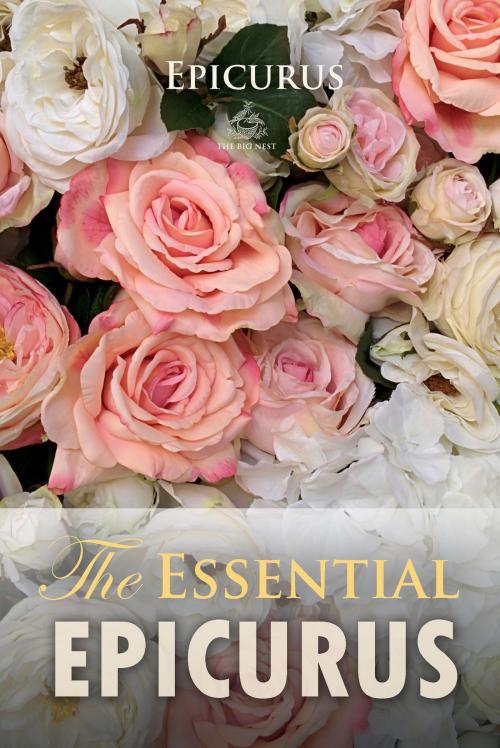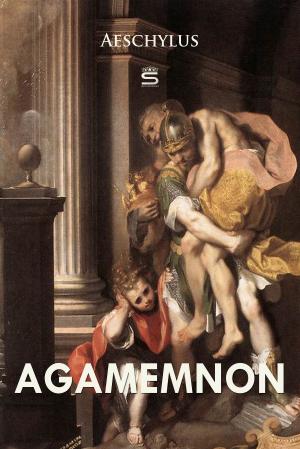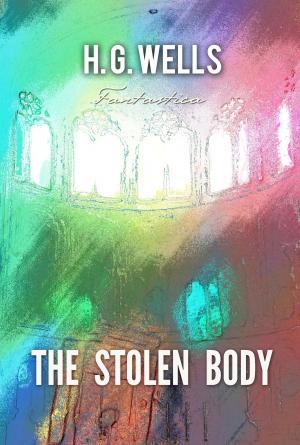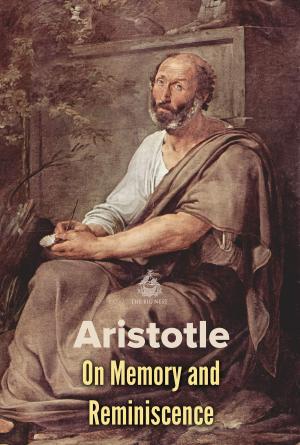| Author: | Epicurus | ISBN: | 9781910343388 |
| Publisher: | Interactive Media | Publication: | June 15, 2014 |
| Imprint: | The Big Nest | Language: | English |
| Author: | Epicurus |
| ISBN: | 9781910343388 |
| Publisher: | Interactive Media |
| Publication: | June 15, 2014 |
| Imprint: | The Big Nest |
| Language: | English |
For Epicurus, the purpose of philosophy was to attain the happy, tranquil life, characterized by peace and freedom from fear, the absence of pain, and by living a self-sufficient life surrounded by friends. He taught that pleasure and pain are the measures of what is good and evil; death is the end of both body and soul and should therefore not be feared; the gods neither reward nor punish humans; the universe is infinite and eternal; and events in the world are ultimately based on the motions and interactions of atoms. Although much of Epicurus' written work has been lost, the remaining principle doctrines and his letters featured in this book provide an insight into the Epicurean school of thought, which was originally based in the garden of his house and thus called The Garden.
For Epicurus, the purpose of philosophy was to attain the happy, tranquil life, characterized by peace and freedom from fear, the absence of pain, and by living a self-sufficient life surrounded by friends. He taught that pleasure and pain are the measures of what is good and evil; death is the end of both body and soul and should therefore not be feared; the gods neither reward nor punish humans; the universe is infinite and eternal; and events in the world are ultimately based on the motions and interactions of atoms. Although much of Epicurus' written work has been lost, the remaining principle doctrines and his letters featured in this book provide an insight into the Epicurean school of thought, which was originally based in the garden of his house and thus called The Garden.















